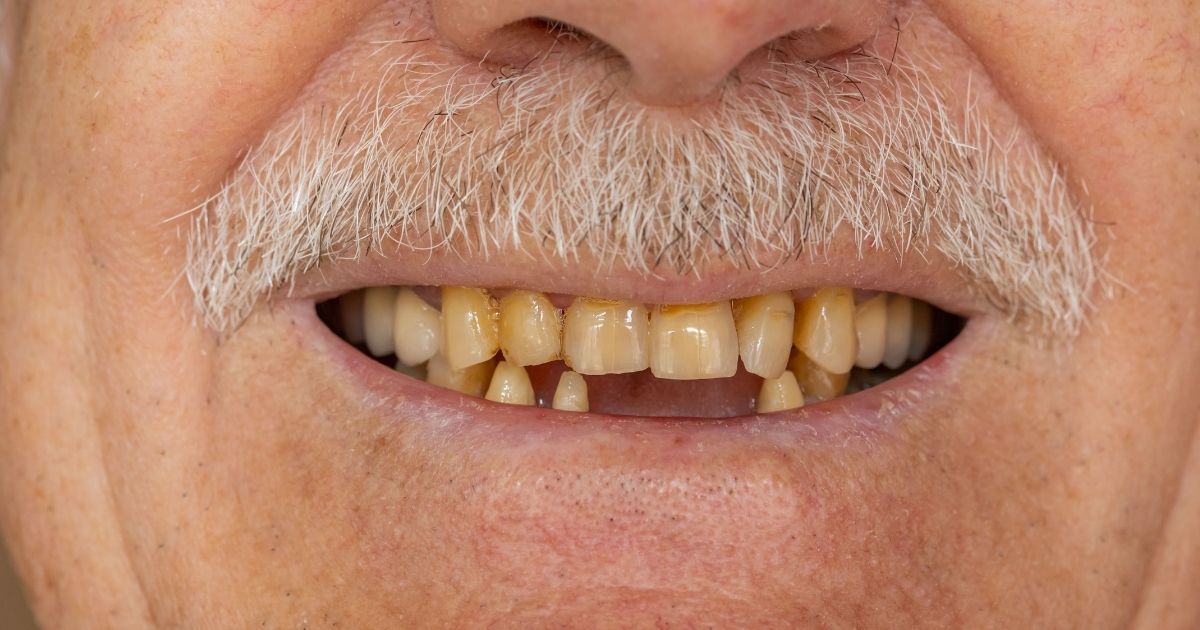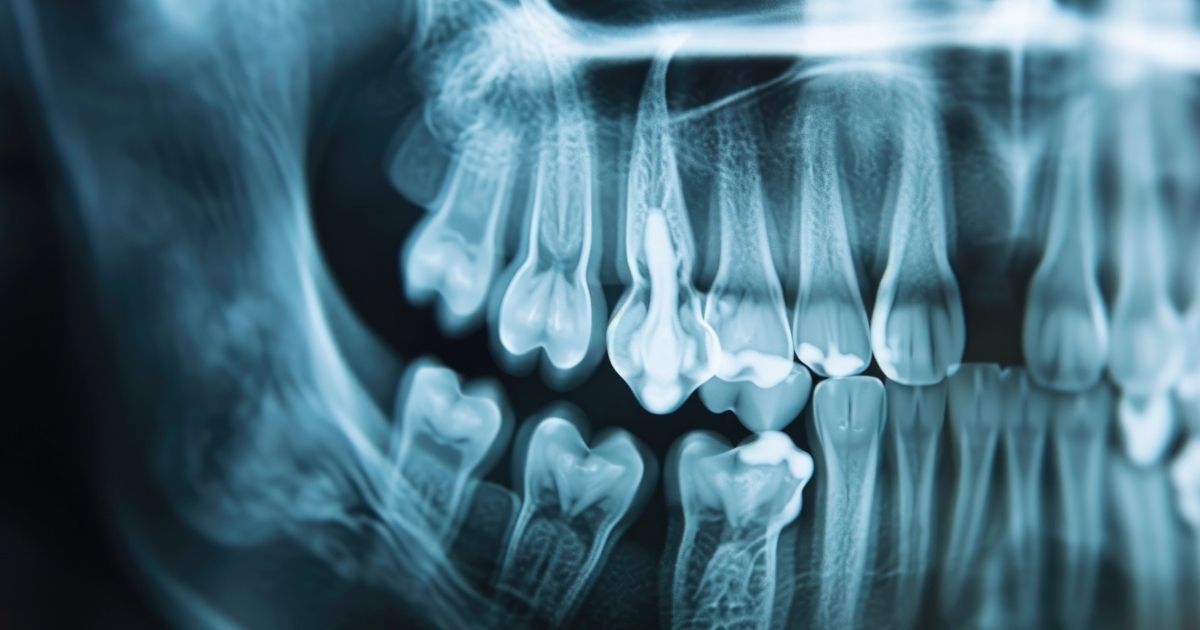3 signs your teeth are falling out
We’ve all had nightmares about losing a tooth, but what happens when this becomes a reality?
Teeth can fall out for a number of reasons, from trauma to tooth decay – but this is totally preventable. The best place to start is to recognise the signs and keep to a regular oral hygiene routine, which we explore in this article.
Reading time: 5 minutes

What causes teeth to fall out?
There are signs your teeth are falling out, and there are causes. Rather than waiting for the warning signs, you can prevent problems from turning to tooth loss with simple changes to your oral hygiene.
For example, your risk of tooth loss is higher if you have:
Gum disease
Also known as periodontal disease or periodontitis, which is caused by plaque and bacteria build-up in the teeth. Poor oral health leads to red, swollen and bleeding gums. This can destroy the underlying bones that support the teeth and lead to tooth loss due to a loose tooth.
Tooth decay
In its early stages, tooth decay is treatable and reversible. It happens when sugar from food reacts with bacteria, causing acids to form and attack the teeth. You can address this early on by using fluoride toothpaste and flossing regularly. Left untreated, it can lead to infections and tooth loss.
Long-term illness
There are many chronic illnesses that can lead to gingivitis and gum disease. For example, there is a direct link between people with heart disease and high levels of bacteria in the mouth. While high blood pressure itself doesn't directly cause tooth loss, the associated conditions and side effects can increase the risk of losing teeth. Similarly, people with type 2 diabetes are more likely to develop gum disease.
Unhealthy lifestyle
Many chronic conditions like heart disease and diabetes are linked to poor lifestyle choices. For example, smoking increases the risk of cardiovascular conditions, while a bad diet can lead to tooth decay.
If you’re lacking vitamins and minerals that support all-round oral health, you may also be at risk. Calcium, Vitamin D, Vitamin A and Vitamin C are ideal for healthy teeth and gums.

3 signs your teeth might be at risk of falling out
While good oral hygiene can stop your teeth from falling out, it’s important to recognise the symptoms. Arrange a checkup with your dentist if you notice any of these health issues.
Loose teeth
Your teeth may loosen if you suffer blunt force trauma or if you’re pregnant. However, in some cases, tooth loss is linked to osteoporosis and gum disease. Look for other signs around the gum line such as recession or bleeding, and talk to your dentist.
Severe periodontitis / bleeding gums
If you see blood when you brush your teeth, this could be down to multiple causes however it may indicate some serious dental issues. Gum disease, especially periodontitis, is a leading cause of tooth loss in adults due to the destruction of the bone and tissues that support the teeth.
Oral trauma
There are some studies that suggest that trauma at a young age increases the likelihood of adult teeth falling out. Similarly, accidents such as sports injuries or road traffic collisions may loosen teeth.
These causes of tooth loss are less common than issues with poor overall health. The good news is that they can be fixed with cosmetic dentistry.
My teeth are falling out – what should I do?
If your adult teeth are falling out, first you should see a dentist to establish the cause of your missing teeth. We can pair you with expert consultants who will examine your overall dental health, looking for signs of tooth decay and gum disease.
The treatment options will depend on the extent of the damage. If it’s been caused by trauma, you should try to see a specialist within two hours, or ideally 30 minutes. Rinse the tooth in cool water and try to put it back in its socket.
If your dentist cannot save the tooth, they may install a dental implant instead. These are artificial tooth roots made from titanium rods, designed to bond with your permanent teeth. Other options include:
- Bone grafting to rebuild bone loss from gum disease
- Dental bridges, which bridge gaps between natural teeth
- Addressing underlying problems such as lifestyle risk factors
How can I prevent tooth loss?
To prevent adult tooth loss, you should focus on preventing tooth decay.
- Following a good dental care routine will stop enamel from wearing away and exposing soft tissue. This means regular dentist visits, brushing twice a day and using floss or interdental brushes.
- If your teeth are at risk of trauma, for example, if you play a contact sport, always wear a mouthguard.